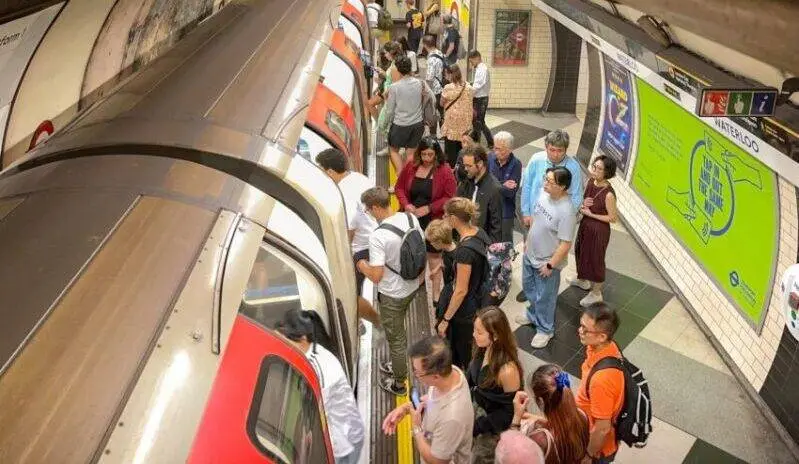The popularity of rail season tickets in Great Britain has drastically declined, hitting a record low. This dip is largely attributed to the rise in hybrid working models, where employees split their time between the office and home.
Before the pandemic, a substantial number of commuters relied on season tickets. The shift to flexible working arrangements, however, has led to fewer people purchasing these tickets, marking a significant change in commuter behaviour.
Plummeting Season Ticket Sales
According to the Office for Rail and Road (ORR), the use of season tickets fell to 13% in the year ending 31 March. This is a steep drop from the 15% recorded the previous year, and more significantly, a stark contrast to the 34% seen pre-pandemic. This marks the lowest figure since record-keeping began in 1986-87.
Impact of the Pandemic
The pandemic forced many office workers to adopt remote working. City centres were left deserted, and the once bustling railways experienced a dramatic fall in passenger numbers.
Adoption of Hybrid Working Models
Some companies, especially in the banking sector, now require employees to spend most of their time in the office. This, however, doesn’t seem to significantly affect the overall trend towards hybrid working.
Employee Well-being and Productivity
This shift in working patterns reflects positively on employee mental health and work-life balance, contributing to the declining use of season tickets.
Rising Rail Journeys and Revenues
In the three months to March, there was a 13% increase in passenger journeys compared to the same quarter the previous year. Total passenger revenue rose to £10.3 billion, a 13% increase from the previous year, adjusted for inflation.
Introduction of Flexible Season Tickets
However, an analysis by MoneySavingExpert found that part-time season tickets only offered savings for those travelling two days a week. Often, cheaper options were available.
Significant Operator Data
The notable increase in journeys for operators like ScotRail, Avanti West Coast, and TransPennine Express was influenced by reduced timetables in the previous year due to various constraints.
Effects on Railway Revenue
The shift to hybrid working and the consequent decline in season ticket usage present challenges for the industry’s financial health.
The fall in rail season ticket usage reflects the significant changes in work patterns post-pandemic. Hybrid working models are reshaping commuter behaviour, leading to fewer season ticket purchases.
As the rail industry adapts to these changes, it faces the challenge of balancing flexible travel options with maintaining revenue. The future of rail travel may hinge on how well it meets the evolving needs of modern commuters.


